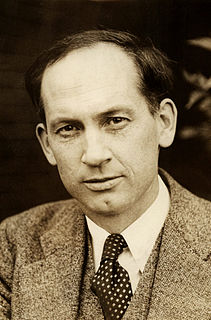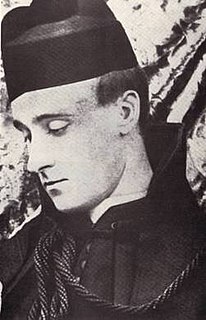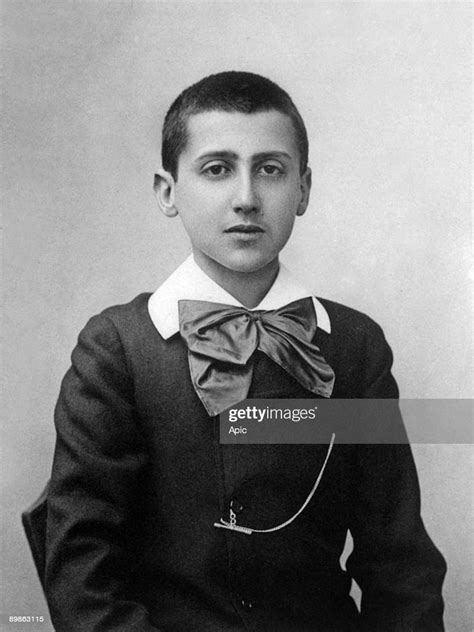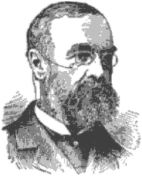A Quote by Walter Pater
The Renaissance of the fifteenth century was, in many things, great rather by what it designed then by what it achieved.
Related Quotes
I have been interested in the 12th century since my 20s when it was very fashionable to say of anybody with whom you disagreed, which was basically anybody over the age of 30, "One of the great minds of the 12th century", and one day I thought, "I don't know anything about the 12 century." So I started buying books, reading about it, and I discovered it was a period of great flowering, it was a Renaissance before what we think is the Renaissance, the Italian Renaissance of the 16th century.
Sometimes people have said that Islam, in its own calendar, is still only in the Middle Ages. It's still in the fifteenth century or whatever. And Christianity in the fifteenth century, after all, was full of inquisitions and burnings at the stake, and so on and so on. So give Islam time, and it will reach the point of maturity that other religions have. But Mormonism is much younger than Islam, and it's got there already. So I don't think that's an argument that works.
When I ask myself what are the great things we got from the Renaissance, it's the great art, the great music, the science insights of Leonardo da Vinci. Two hundred years from now, when you ask what are the great things that came from this era, I think it's going to be an understanding of the universe around us.
Prophecy is rash, but it may be that the publication of D.T. Suzuki's first Essays in Zen Buddhism in 1927 will seem to future generations as great an intellectual event as William of Moerbeke's Latin translations of Aristotle in the thirteenth century or Marsiglio Ficino's of Plato in the fifteenth.



































